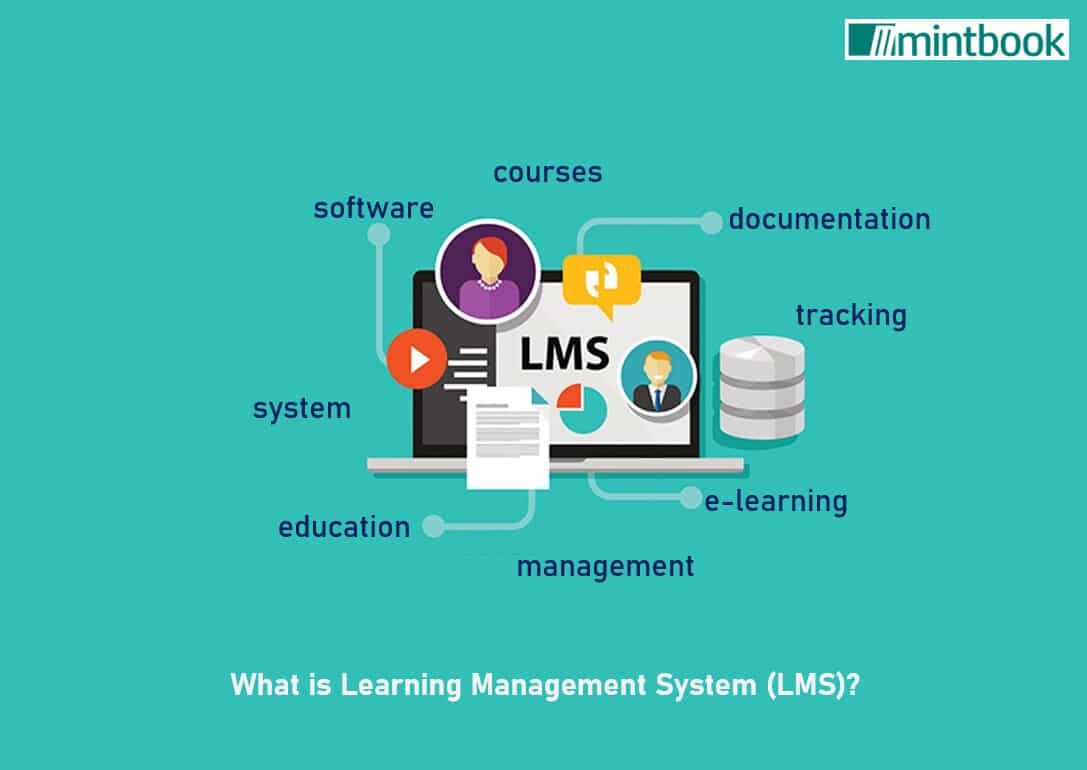Enhance Education And Learning With a Leading Learning Administration System
In the ever-evolving landscape of education and learning, the fostering of a leading Discovering Monitoring System (LMS) presents a critical chance to enhance procedures and boost both teaching and learning experiences. By using and automating management tasks tailored discovering paths, an efficient LMS not just assists in much better engagement but also fosters an environment helpful to cooperation and inclusivity.
Advantages of an Understanding Monitoring System
A Discovering Management System (LMS) offers countless benefits that can considerably enhance the instructional experience for both learners and educators. Largely, an LMS assists in streamlined training course administration, permitting trainers to manage training course materials, track student progress, and analyze performance successfully. This automation decreases the management concern on educators, enabling them to focus much more on teaching and student interaction.
Additionally, LMS platforms support customized understanding courses, suiting diverse understanding styles and speeds. This adaptability fosters an extra inclusive atmosphere, making it possible for learners to gain access to sources that best fit their demands. The availability of an LMS permits students to engage with program web content anytime and anywhere, advertising self-directed learning and fitting different timetables.
An additional notable benefit is the improved partnership possibilities an LMS gives. Conversation forums, group projects, and peer evaluations urge communication amongst learners, enhancing their understanding through shared perspectives. In addition, the data analytics functions of an LMS make it possible for instructors to obtain understandings into learner engagement and performance, informing instructional techniques and interventions.
Trick Functions to Try To Find

Following, durable reporting and analytics capabilities give beneficial insights into student development and engagement, permitting teachers to make data-driven decisions. Assimilation with other devices, such as material authoring software program and interaction platforms, is additionally crucial for enhancing capability and enhancing workflows.
Scalability is another important function, guaranteeing that the LMS can expand along with the organization's needs, suiting an enhancing variety of individuals and web content. Furthermore, mobile compatibility is crucial in today's electronic landscape, enabling students to gain access to academic products on various tools.
Lastly, solid security procedures must be in area to protect sensitive details and maintain compliance with instructional regulations. By focusing on these vital features, organizations can pick an LMS that supports efficient training and learning results, eventually boosting the educational experience for all stakeholders included.

Enhancing Pupil Engagement
Trainee involvement is a vital factor in the success of any type of educational program, as it directly affects learning results and retention prices. A robust Discovering Monitoring System (LMS) can play a critical function in boosting student interaction via various ingenious attributes.

In addition, customized understanding paths permit students to advance at their very own pace, providing to specific knowing designs and choices. This adaptability not just cultivates a sense of ownership over their understanding journey however additionally keeps trainees invested and inspired.
Additionally, real-time responses mechanisms enable instructors to keep track of pupil efficiency and supply timely assistance, more boosting the discovering Read Full Report experience.
Implementation Approaches for Organizations
Effective application of an Understanding Management System (LMS) needs establishments to embrace a critical strategy that lines up modern technology with academic objectives. To achieve this, organizations ought to begin by conducting a comprehensive needs analysis to identify certain requirements, guaranteeing that the LMS will effectively attend to challenges dealt with in mentor and learning.
Following, interesting stakeholders-- professors, administrators, and students-- is crucial for fostering a culture of cooperation and support. Training sessions need to be arranged to gear up individuals with the needed skills to take advantage of the LMS effectively. In addition, organizations need to designate sufficient resources, consisting of time and budget plan, to facilitate a smooth transition and continuous maintenance.
Moreover, producing a phased rollout plan can help alleviate prospective disruptions. Establishments can begin with pilot programs to evaluate functionality and collect comments before full-blown implementation. Continuous assessment and adaptation of the LMS based upon customer experience will certainly better improve its effectiveness.
Lastly, it is vital to communicate a clear vision of how the LMS sustains instructional methods, thus motivating buy-in from all parties involved. By adhering to these approaches, institutions can guarantee an effective LMS implementation that ultimately improves the academic experience.
Determining Success and Outcomes
Determining the success and end results of a Learning Management System (LMS) is necessary for determining its effect on mentor and understanding. This procedure involves the collection and analysis of qualitative and measurable information to review the effectiveness of the LMS in accomplishing academic objectives. Trick efficiency indications (KPIs) such as student engagement prices, training course conclusion prices, and analysis ratings provide crucial insights into individual communication and discovering results.
In addition, studies and responses devices can record the experiences of both educators and pupils, offering valuable perspectives on usability, content relevance, and total complete satisfaction. By triangulating these data sources, institutions can recognize strengths and locations for renovation within the LMS structure.
In addition, lining up LMS metrics with institutional purposes boosts liability and sustains calculated planning (LMS SG). As an example, tracking retention prices and post-course efficiency can notify curriculum adjustments and resource allocation. Inevitably, an organized technique to determining success and results not only ensures continual renovation of the LMS yet additionally cultivates a culture of data-driven decision-making. This commitment to analysis equips academic establishments to improve their mentor approaches and maximize learner experiences successfully.
Verdict
The integration of a leading Discovering Management System (LMS) dramatically enhances instructional experiences by automating administrative jobs and providing tailored knowing possibilities. By fostering cooperation and inclusivity, an effective LMS not just boosts student interaction yet also drives much better understanding outcomes. Organizations must prioritize the choice and execution of an LMS that read more straightens with their goals, guaranteeing robust analytics and interactive material are made use of to gauge success and continuously enhance the educational atmosphere.
An Understanding Monitoring System (LMS) offers many benefits that can substantially enhance the educational experience for both learners and educators.Additionally, LMS platforms support customized discovering courses, suiting varied learning styles and paces.Measuring the success and outcomes of a next page Learning Management System (LMS) is vital for identifying its effect on teaching and learning.The integration of a leading Learning Monitoring System (LMS) dramatically boosts academic experiences by automating management tasks and supplying customized knowing opportunities. By cultivating cooperation and inclusivity, an efficient LMS not just enhances trainee interaction but also drives better understanding end results.